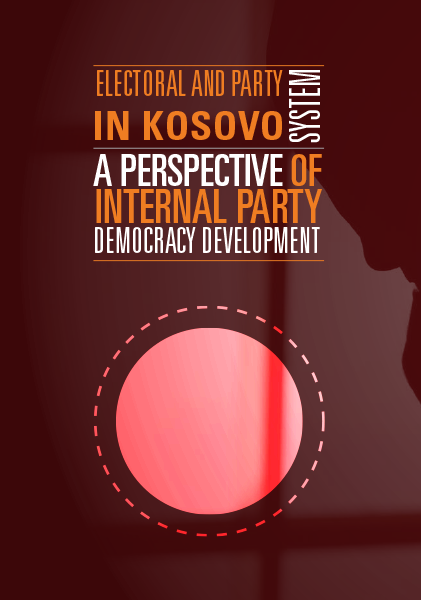This study consists of five chapters, each sequentially addressing the political, party, and electoral systems in Kosovo, along with the internal democracy of political parties and their electoral campaigns.
The introduction focuses on the historical specifics of development in Kosovo, leading to the current political system. It highlights the political and social dynamics before 1989, efforts for independence since 1990, and key legal events from 1989 to 2010, including the International Court of Justice's 2008 ruling on Kosovo's independence.
The second chapter examines Kosovo's political system, discussing the roles of the president and parliament, as well as the interplay between legislative and executive branches. The third chapter focuses on Kosovo's party system, scrutinizing the legal framework, political pluralism, and the influence of events such as the Kosovo War on party evolution.
The fourth chapter delves into the electoral system, highlighting transitions from closed to open lists and their repercussions. It also addresses enduring elements such as proportional representation and minority quotas.
The internal democratization of political parties in Kosovo stands pivotal to the overall democratization process. The final chapter explores internal structures, decision-making processes, and democratization endeavors within major parties like the Democratic Party of Kosovo, Democratic League of Kosovo, Self-Determination Movement, and Alliance for the Future of Kosovo.
These chapters pave the way for understanding how Kosovo's political parties conduct their election campaigns, encompassing past elections, legal frameworks, party agendas, and media coverage. The aim is to offer a comprehensive analysis of Kosovo's political landscape, with future studies comparing multi-party systems across the Balkans.
